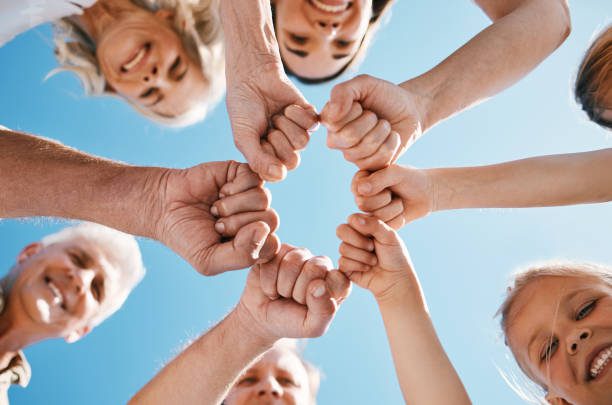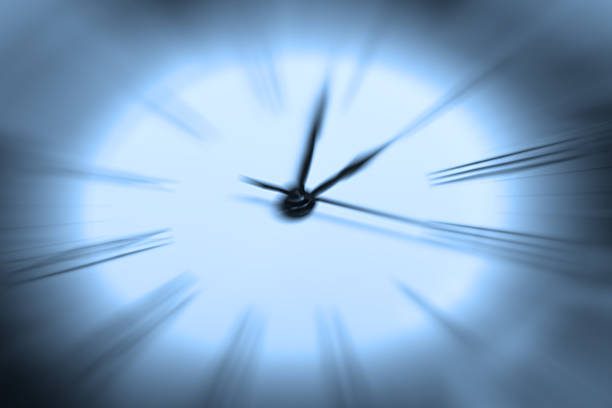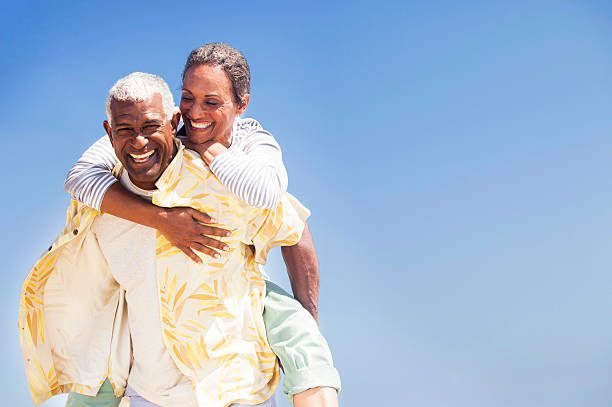This content is for informational and educational purposes only. Always consult a qualified healthcare provider.
Last Updated on November 26, 2024 by Pen Pixel
Is the secret to living past 100 in your genes or your lifestyle? If you ask me, it’s both. Let’s talk Blue Zones.
In most places, living to 72 is the norm. But in Blue Zones, hitting 100 is just another Tuesday. These spots have everyone talking – scientists, health enthusiasts, and you! What are Blue Zones? Are they real or just a data glitch? Let’s find out!
📋 Table of Contents
The Key Takeaway.
If you want to live longer, you have to forget magic pills and diets that can ruin your life. The real secret is a life full of relationships, balance, and purpose. If you adopt the habits of the Blue Zones, you will not only live longer but you’ll also live those years healthier and happier.
What Are Blue Zones?


Dan Buettner, a National Geographic explorer, came up with the term “Blue Zones” while studying places where people live the longest. These spots have the most centenarians (people 100 years old or more). There are only five of them. They are:
- Ikaria, Greece.
- Okinawa, Japan.
- Sardinia, Italy.
- Nicoya Peninsula, Costa Rica.
- Loma Linda, California (home to a group of Seventh-day Adventists).
These places aren’t fairy tales. They’re real, and people there aren’t just old, they’re living it up. No quick fix pills, no crazy diets. Just simple, happy living. The rest of us? We’re just blind to it.
Say whaaaaaaaat?
What Do Blue Zones Have in Common?
- People here don’t hit the gym. They stay active by walking, gardening, and doing manual tasks.
- They wake up with purpose. Whether it’s family, a passion, or helping the community. That’s their secret sauce for a long life.
- Stress? They’ve got it handled with prayer, meditation, naps, or happy hours with friends.
- They follow the 80% rule — stop eating when they’re 80% full. No overeating, no extra pounds.
- Their meals? Mostly plants. Veggies, fruits, beans, and whole grains. Meat on special occasions.
- Yes, they enjoy a glass of wine or alcohol daily, but always in moderation.
- Strong social ties and family come first, this boosts mental and emotional health like crazy!
- Most of them are part of faith-based communities, giving them spiritual support and a sense of belonging.
- They have close-knit groups that aids healthy habits and offer emotional support for life. They call them the “right tribe”.
Despite being spread across the globe, they share the same important lifestyle habits that help their residents live exceptionally long lives. These habits are called the Power 9 Principles.
Do People In The Blue Zones Actually Live Longer?
Yes, people in Blue Zones consistently outlive the global average. These areas have the most centenarians, with many people hitting their 90s and 100s in great health.
What Truly Matters?


They Have Zero Interest in Anti-Aging Trends.
Forget Botox, supplements, or those intermittent fasting apps. In places like Sardinia, Ikaria, and Okinawa, no one’s stressing over wrinkle-free foreheads or the latest superfood. Their secret? Just living. Waking up with purpose, eating real food, and actually enjoying the people around them. If you’re glaring at your protein powder while doom-scrolling, maybe it’s not your metabolism that’s the problem. Your mindset is.
Food Is Their Culture.
They eat carbs. Yep, carbs. Beans, bread, rice, all the good stuff. But it’s not just about what they eat, it’s about how they eat. They don’t just eat food while working or eat alone in front of a TV. Meals are slow, shared, and cherished. Food is homemade, ingredients are local, and meals are full of tradition and love. It’s not keto. It’s not paleo. It’s just human.
We Think Stress Is the Villain, It’s Not. Mismanagement Is.
Residents of Blue Zones don’t avoid stress, but they handle it with finesse and balance. They know that the secret to longevity isn’t in avoiding stress but in managing it in healthy ways. They take time to nap, laugh, pray, and socialize, putting connection first and slowing down. On the other hand, many of us are caught living a stressful lifestyle and constantly burning out to be “successful”. But stress can take a serious toll on our health, and much more than an unhealthy diet can.
They Walk, Then Walk Some More.
In Blue Zones, movement is their everyday life. People garden, walk to their neighbor’s house, or carry groceries uphill. No HIIT workouts, no fancy equipment, just a life that doesn’t let them sit still. It’s just how simple it is.
Faith, Friends, and Family Are Their Multivitamins.
Loneliness kills. LITERALLY! In Blue Zones, people are surrounded by community. They belong to faith groups, their families are tight-knit, and their friends are ACTUALLY friends, not just people they follow on Instagram.
We Glorify Hustling. To Them, Downshifting Is a Work Of Art.
While we are glorify hustling, Blue Zone residents know how to slow down. They intentionally “downshift” their day with calming activities. Praying, remembering ancestors, or having a small glass of wine while staring at the sunset is just a non-negotiable lifestyle choice. Stress is inevitable, but not letting it run your life? That’s the choice.
They Eat Until They’re 80% Full.
“Hara Hachi Bu” is an Okinawan habit where people stop eating when they’re just satisfied, not stuffed. This simple trick cuts calories without the pain of dieting. If you’re only stopping when you can’t take another bite, your body’s already overworked. So, the 80% rule isn’t about cutting back, it’s about respecting your body.
Sleep Is Never, Ever Optional.
They don’t brag about how little they sleep. They nap unapologetically, go to bed early, and wake up naturally (without alarms jolting them out of REM cycles). Meanwhile, in our world, skipping sleep is a badge of honor and that’s serious proof that we’re doing life wrong.
They’ve Got Purpose.
In Blue Zones, having a reason to get up in the morning is a must. The Okinawans call it ikigai (a reason for being), and the Nicoyans call it plan de vida (life plan). They believe that without purpose, even the healthiest life can feel empty.
Multi-Generational Living Isn’t Just a Backup Plan.
While we’re busy sending our elders to retirement homes, Blue Zone families live together across generations. It’s not just about “helping out”; it’s just mutual respect. Grandparents stay active and share their wisdom, while younger ones learn patience and gratitude. This setup builds emotional stability and resilience. Those are things money can’t buy.
This isn’t a call to pack your bags for Sardinia or Okinawa (though it’d be nice, right?). It’s a reminder that what you need for a long, meaningful life is within your reach. Start now because you don’t have to live in a Blue Zone to create one. Spoiler alert! The secret isn’t in anything you can buy. It’s in how you live.

